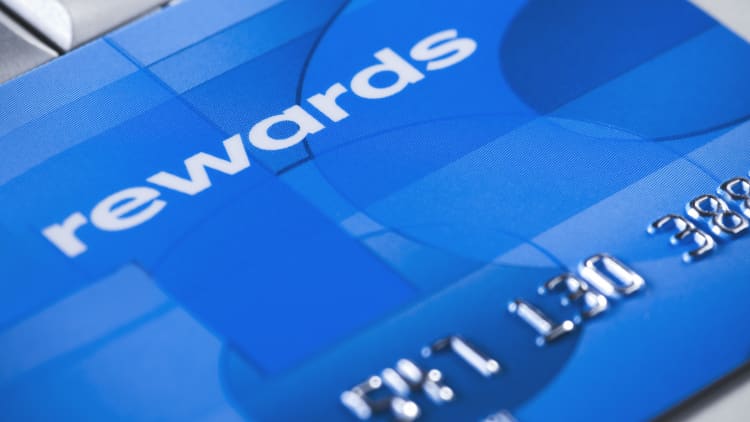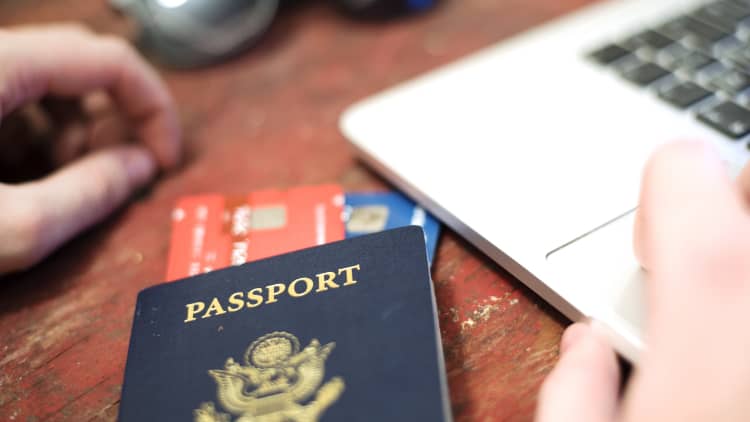
The type of credit card you put in your wallet should say something about you. Your choice of plastic answers a financial question as well as a philosophical one.
Selecting the right card comes down to one truth: "Know thyself," said Matt Schulz, senior industry analyst at CreditCards.com. "You should pick a credit card that fits your lifestyle."
Unfortunately, too many people live lifestyles more lavish than they can afford. Outstanding credit-card debt topped $1 trillion at the end of last year, the highest level since the Great Recession.
Of course, you should know the annual percentage rate your card levies on balances. "But if you pay off your balance each month, the APR is meaningless," Schulz said.
Check whether the card charges an annual fee and the terms and conditions of the offer before you apply. "You don't want to let the rewards tail wag the debt dog," said Reed Fraasa, a certified financial planner and managing director of Highland Financial Advisors in Wayne, New Jersey.
If you pay off your balance each month, the APR is meaningless.Matt Schulzsenior industry analyst at CreditCards.com
Rewards cards, which dole out points when you make purchases at airlines, gas stations and restaurants, have a higher-than-average interest to compensate credit issuers for the additional perks. Keep in mind that the typical credit card charges 16.38 percent, according to Bankrate.com.
Here's a scenario Fraasa uses to illustrate the financial risks: A major bank credit card pays a sign-up bonus of 50,000 points and bonus points for certain purchases. Assuming you charge $2,000 a month, you would receive about $850 in value within the year. However, if you missed two months of payments and carried $4,000 for 10 months, the card would charge more than $950 in interest and fees, eating up your gains from the points.
"We tell clients that you don't put anything on your credit card you can't pay off in three months," Fraasa said.

More people are using credit cards for small purchases. Seventeen percent of cardholders have used their cards to buy something that costs less than $5, up from 11 percent from last year, according to a recent survey from CreditCards.com of 1,001 adults in mid-March.
The rise in small transactions is tied to the use of rewards cards, Schulz said. He recommends that people with good credit, a score of 720 or above, should consider opening a rewards card when they make a major buy. On average, Americans make about five purchases of more than $500 each year.
"Cash back is the popular credit-card reward ," said Schulz at CreditCards.com. "It's also the simplest."
With other perks, such as travel miles and retailer discounts, figure out if you will actually use them for your everyday purchases or if they will entice you to overspend.
"There is a psychology behind reward points," said Fraasa of Highland Financial Advisors. "It's like retailers who give out $10 coupons hoping you come to the shop and make $80 in impulse purchases."
"On the Money" airs on CNBC Saturdays at 5:30 a.m. ET, or check listings for air times in local markets.


